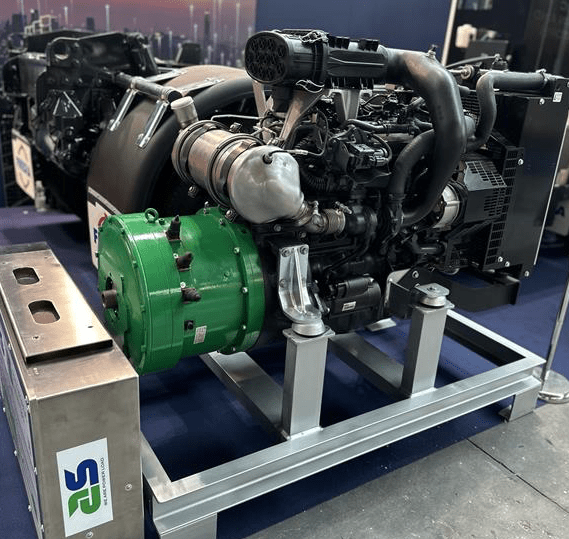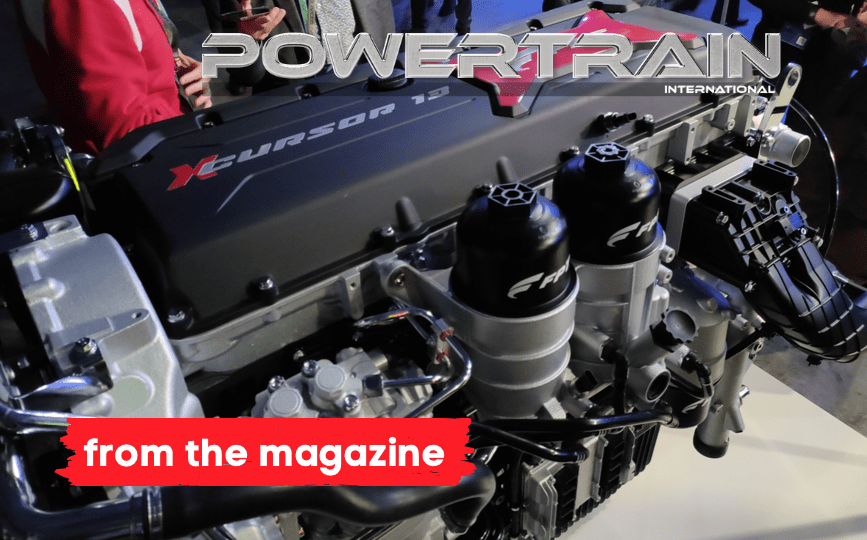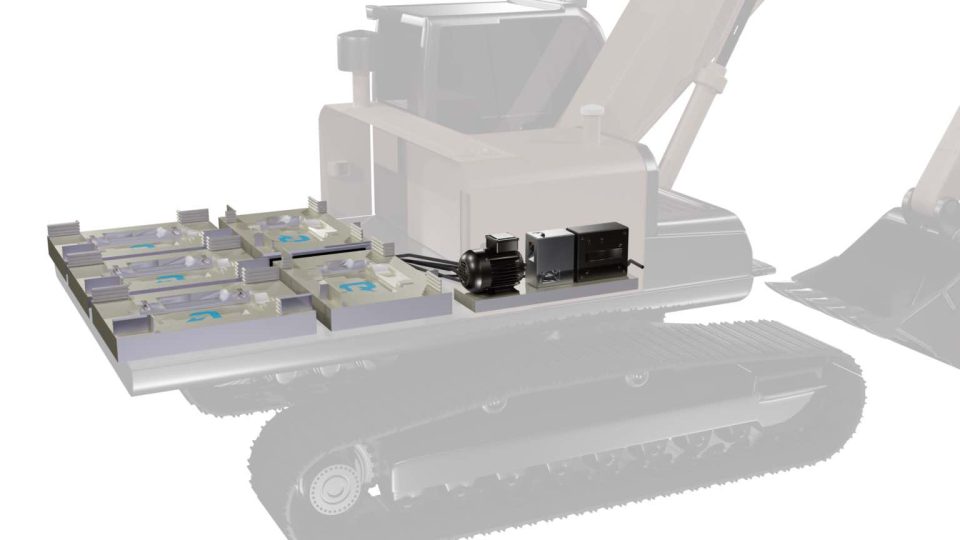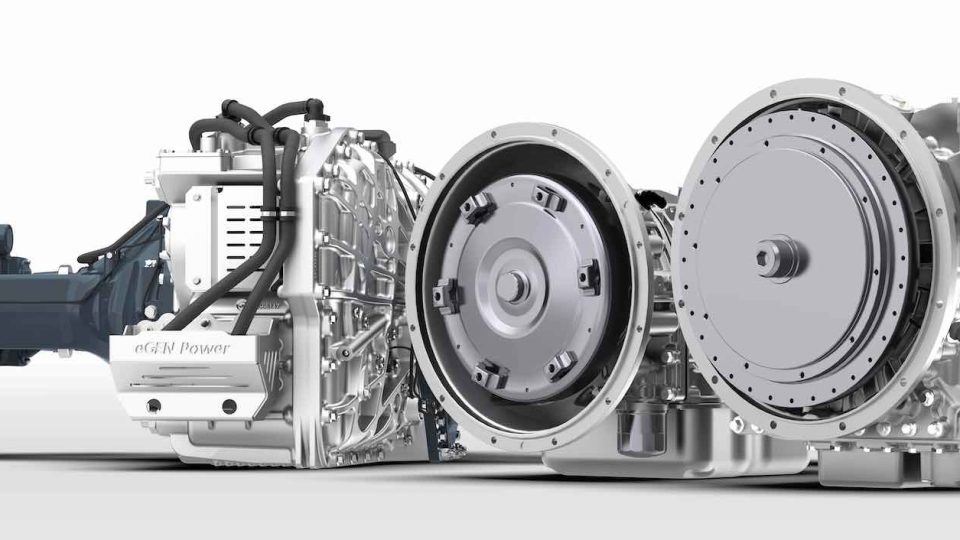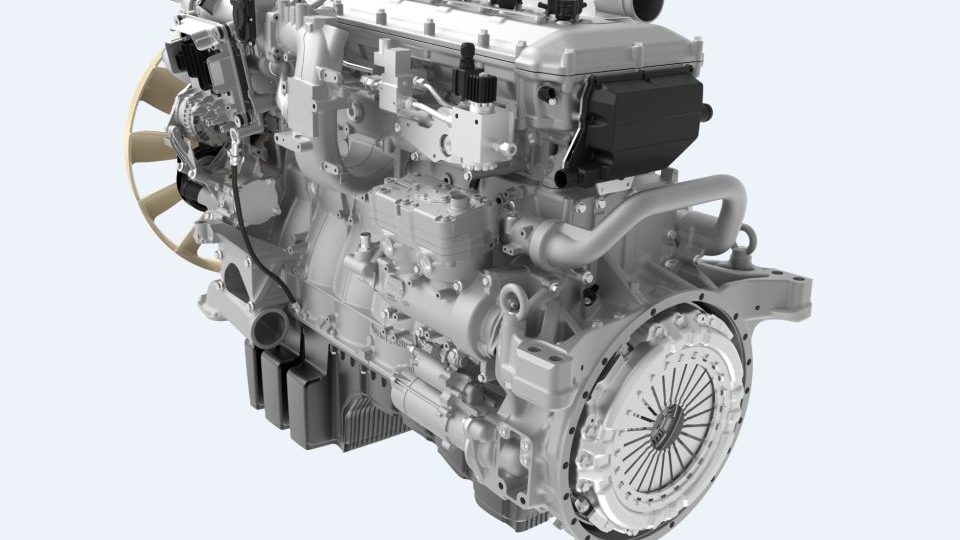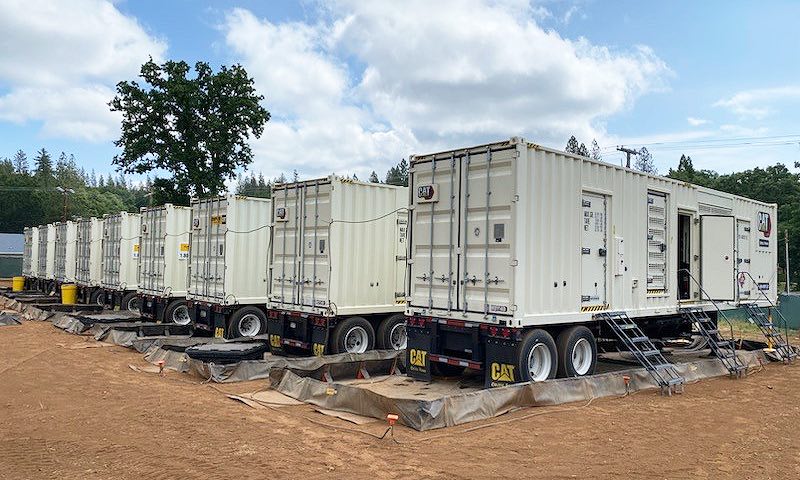Rolls-Royce and hydrogen. Lab1886
Rolls-Royce and hydrogen. German feeling in the days of the Coronavirus Rolls-Royce and hydrogen. For some people hydrogen is a mirage, for others a revolutionary perspective, for others a future built from the present. “Hydrogen Roadmap Europe: A sustainable pathway for the European Energy Transition” has been recently published. This study lays out a […]
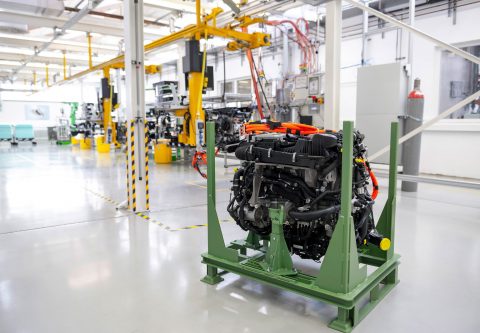
Rolls-Royce and hydrogen. German feeling in the days of the Coronavirus
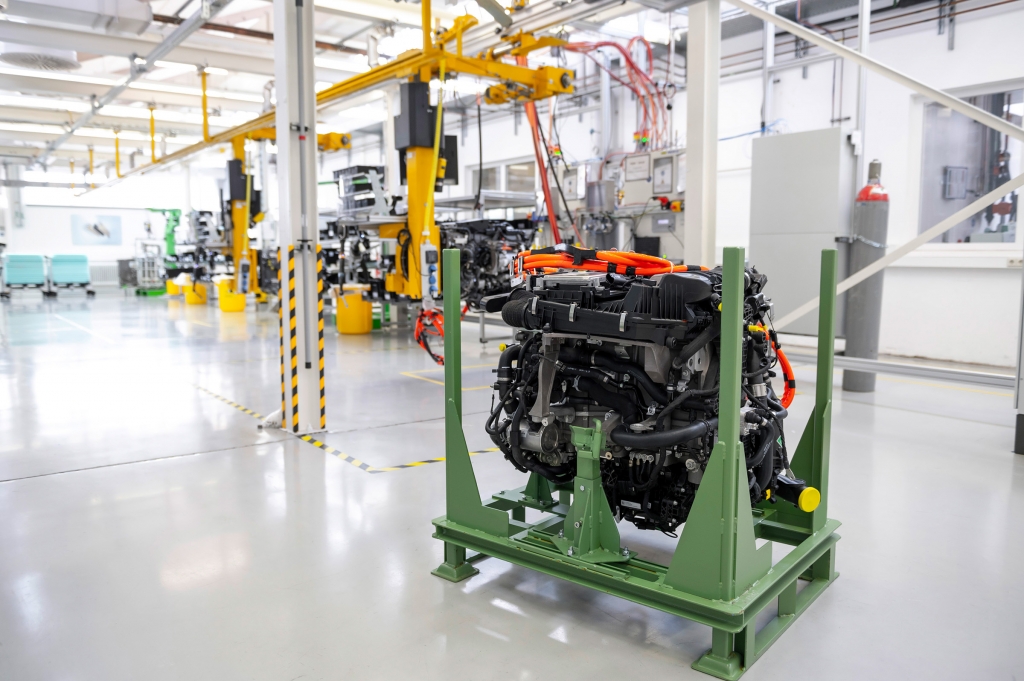
Rolls-Royce and hydrogen. For some people hydrogen is a mirage, for others a revolutionary perspective, for others a future built from the present. “Hydrogen Roadmap Europe: A sustainable pathway for the European Energy Transition” has been recently published. This study lays out a pathway for the large-scale deployment of hydrogen and fuel cells until 2050 and quantifies the associated socio-economic impacts. Germany certainly represents the European outpost such as Lab1886 can prove.
MTU’S POWER GENERATION SYMPOSIUM
Rolls-Royce and hydrogen is a reality, indeed, such explained by MTU press office. The following communication dates back to the beginning of December 2019, but remains highly topical, due to discussions between the scientific community and the public about the correlation between virus spread and environmental conditions.
Lab1886 is an innovation lab within the Mercedes-Benz group, have taken the first step in cooperation on the use of vehicle fuel cells for stationary power generation. A pilot project has now been agreed between the Rolls-Royce business unit Power Systems, which produces solutions under the MTU brand name, and Lab1886. Over the coming months, Rolls-Royce will develop an integrated MTU solution for sustainable off-grid generation of continuous and emergency power using vehicle fuel cells, focused on safety-critical applications such as data centers.
MTU generator sets from Rolls-Royce are already in service at numerous data centers worldwide, providing emergency power when needed to safeguard global internet traffic. To date, these generator sets have been diesel-engine based, but fuel cells could be a valid alternative. The pilot project will begin early next year (editor’s note: and will include the construction of an emergency power plant for Rolls-Royce’s data center in Friedrichshafen. The plant will be based on fuel cell modules built by Mercedes-Benz Fuel Cell. Mercedes-Benz has developed expertise in hydrogen-powered electric vehicles through its work on many generations of vehicle, while Rolls-Royce has long-standing experience of fuel cell systems using other technologies.
«As a supplier of integrated solutions, the decarbonization of our drive, propulsion and power generation systems is a key strategic aim. In pursuing it, we’re open to all technologies. Hence fuel cells are set to become a key technology for us,» said Andreas Schell, CEO of Rolls-Royce Power Systems.
Martin Teigeler, R&D chief of Power Systems, added, «The idea behind the fuel cell is as ingenious as it is simple and we’re all pretty familiar with it. But implementing it in practice can still be a difficult challenge. Now that fuel cells have reached series maturity, they’re ready for the commercial market.»
DIESEL INTERNATIONAL INTERVIEW WITH MARTIN TEIGELER
Alongside fuel cell technology, Rolls-Royce is researching the manufacture of hydrogen and other synthetic fuels using renewable energy sources – also for use in fuel cells. «Used in this combination, fuel cells promise to make an even bigger contribution to the energy turnaround,» said Teigeler. «And we’re delighted to have Lab1886 as our partner, because their technological mindset fits ours perfectly. We’re confident that Mercedes-Benz fuel cell modules have the potential to open up new application possibilities in stationary power generation as well, and that’s our market.»
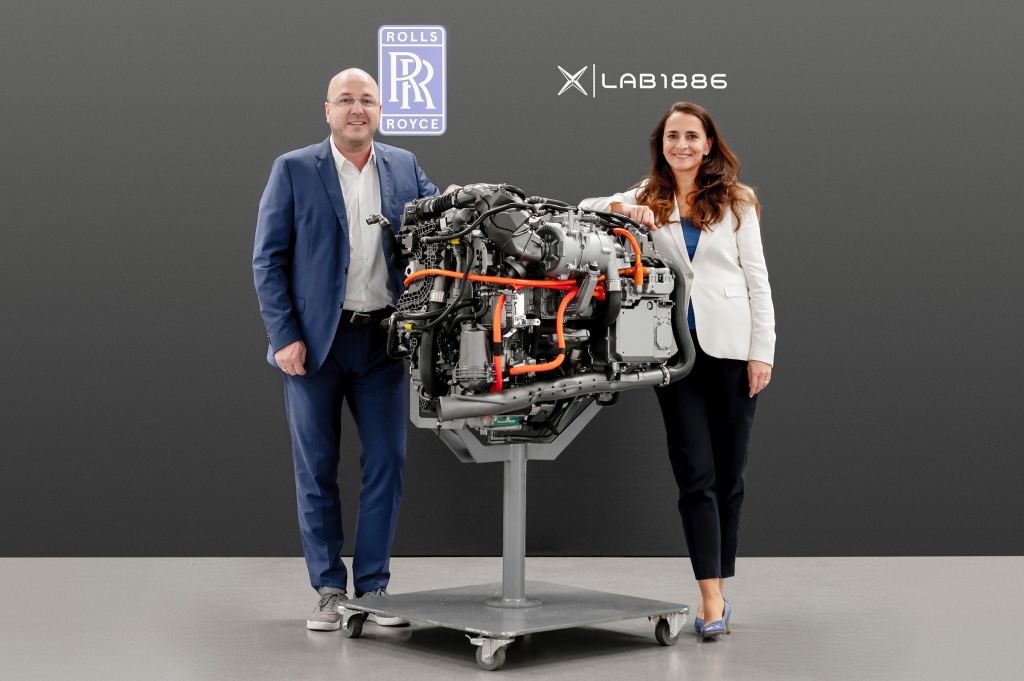
«Our innovativeness has always been one of the main drivers of our long-term success and cross-industry exchange and collaboration have always been vital to it. We’re delighted to be supporting Rolls-Royce on a pilot project that will bring us closer to a successful energy transition outside the realm of the automobile,» said Susanne Hahn, head of Lab1886 Global.

